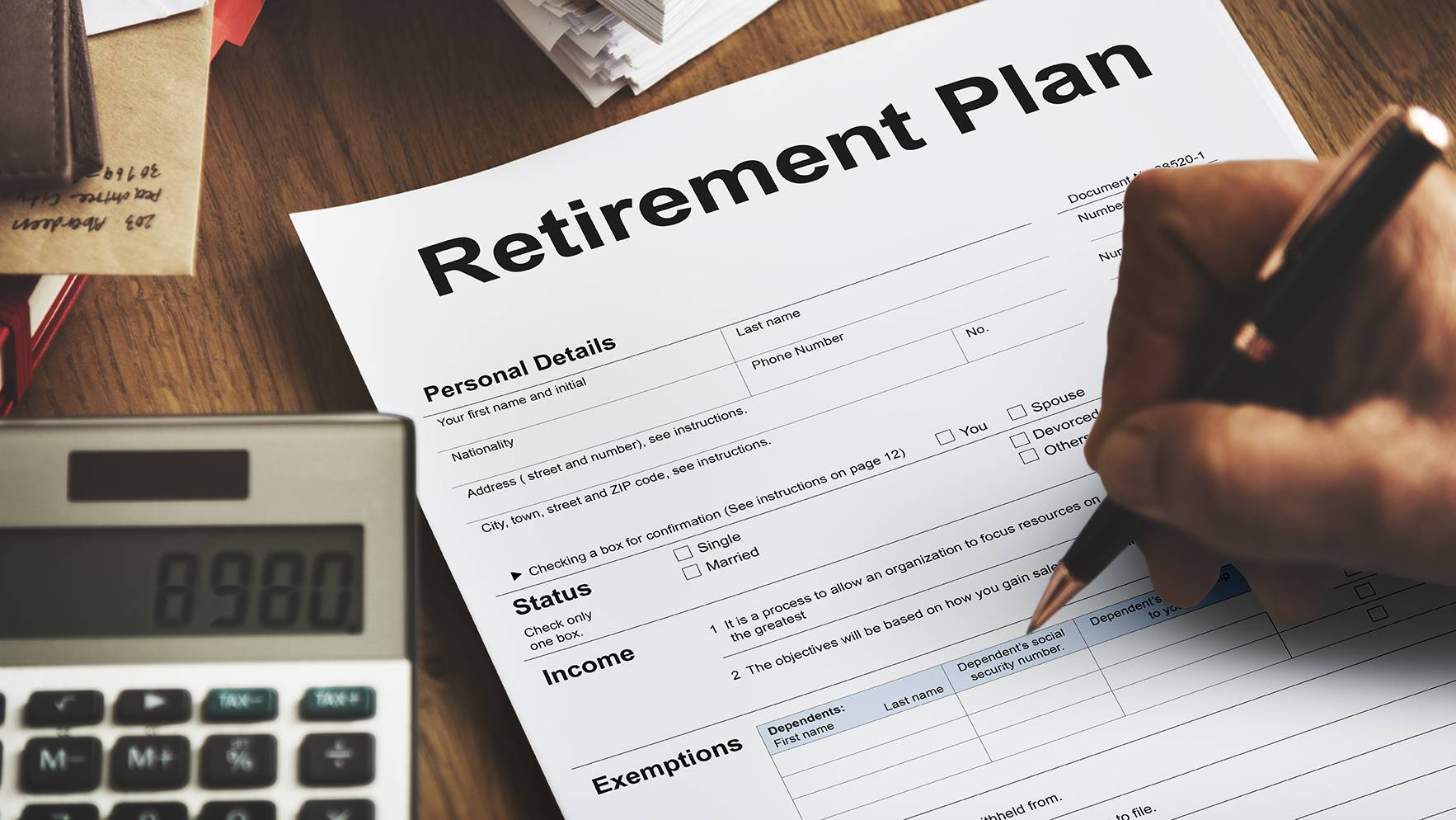Self-Study
Property Dispositions
Explore property dispositions with lessons on capital gains and like-kind exchanges.

$58.00 – $78.00
Webcasts are available for viewing Monday – Saturday, 8am – 8pm ET.
Without FlexCast, you must start with enough time to finish. (1 Hr/Credit)
Please fill out the form below and we will reach out as soon as possible.
CPE Credits
2 Credits: Taxes
Course Level
Overview
Format
Self-Study
Course Description
Property Dispositions offers an in-depth exploration of the tax implications of real estate dispositions, a critical area for investors and tax practitioners in the context of frequent tax reforms. Participants in this real estate taxation CPE will gain a thorough understanding of capital gains rates and the application of the “basket” approach to various assets. The course provides insights into calculating gains under the installment method, including the application of unstated interest rules. A significant focus is given to like-kind exchanges, including the identification and mechanics of delayed exchanges. Attendees will also learn to differentiate between recourse and nonrecourse indebtedness and their effects on foreclosures, as well as the repossession rules under §1038. The real estate taxation CPE course further examines involuntary conversions, easements, condemnation awards, and the at-risk limits, offering participants a comprehensive view of real estate tax issues. This training is ideal for professionals seeking to deepen their understanding of real estate taxation and to provide informed guidance to clients navigating these complex issues.
Learning Objectives
Upon successful completion of this course, participants will be able to:
- Determine gain under the installment method recognizing the application of the unstated interest rules.
- Specify the types of property that qualify for a like-kind exchange and recognize the methods of identifying such property in a delayed exchange including the mechanics for such an exchange.
- Recognize the differences between recourse and nonrecourse indebtedness identifying their impact on foreclosures, determine how various types of property affect the repossession rules of §1038 including basis and gain or loss for both installment method sales.
- Determine how to report gain or loss associated with involuntary conversions, cite the types of payments included in a condemnation award, and specify the types of entities that qualify for exclusion from at-risk limits.
Course Specifics
8212744
February 27, 2025
General understanding of federal income taxation.
None
70
Compliance Information
IRS Provider Number: 0MYXB
IRS Course Number: 0MYXB-T-02583-24-S
IRS Federal Tax Law Credits: 2
CTEC Course Number: 2071-CE-1563
CTEC Federal Tax Law Credits: 2
CFP Notice: Not all courses that qualify for CFP® credit are registered by Western CPE. If a course does not have a CFP registration number in the compliance section, the continuing education will need to be individually reported with the CFP Board. For more information on the reporting process, required documentation, processing fee, etc., contact the CFP Board. CFP Professionals must take each course in it’s entirety, the CFP Board DOES NOT accept partial credits for courses.
CTEC Notice: California Tax Education Council DOES NOT allow partial credit, course must be taken in entirety. Western CPE has been approved by the California Tax Education Council to offer continuing education courses that count as credit towards the annual “continuing education” requirement imposed by the State of California for CTEC Registered Tax Preparers. A listing of additional requirements to register as a tax preparer may be obtained by contacting CTEC at P.O. Box 2890, Sacramento, CA, 95812-2890, by phone toll-free at (877) 850-2832, or on the Internet at www.ctec.org.
Meet The Experts

Danny Santucci, BA, JD, is a prolific author of tax and financial books and articles. His legal career started with the business and litigation firm of Edwards, Edwards, and Ashton. Later he joined the Century City entertainment firm of Bushkin, Gaims, Gaines, and Jonas working for many well-known celebrities. In 1980, Danny established the law firm of Santucci, Potter, and Leanders in Irvine, California. With increasing lecture and writing commitments, Danny went into sole practice in 1995. His practice emphasizes business taxation, real estate law, and estate planning. Speaking to more than 100 groups nationally each year, he is known …



